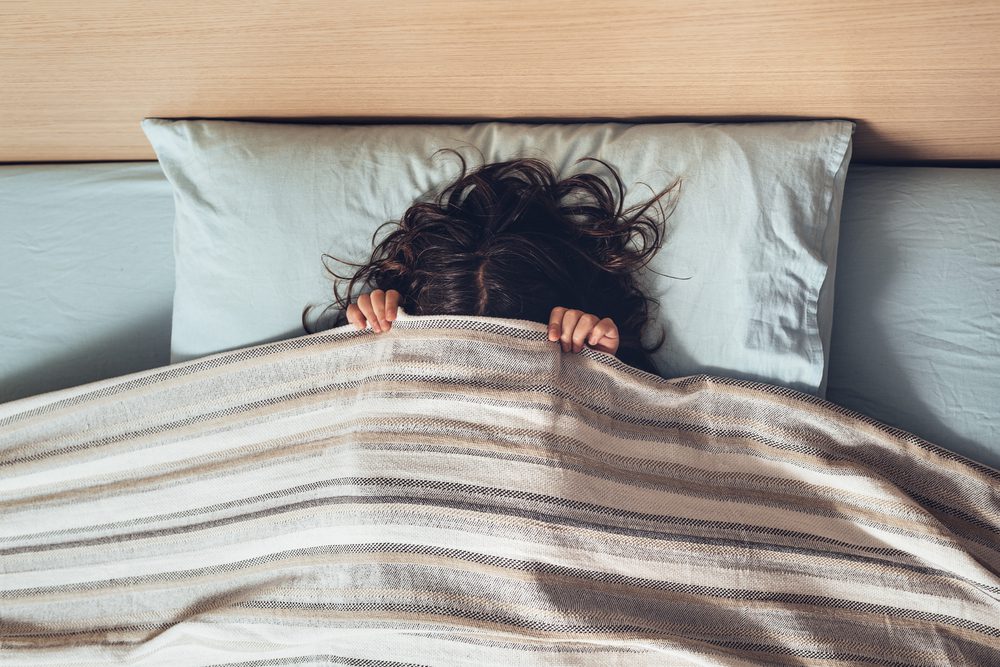If you’ve ever woken up and found a text you don’t remember sending, you are not alone. Many people have taken to social media to share the bizarre messages they’ve texted in their sleep.
What Is Sleep Texting?
Sleep texting is an experience in which people report sending text messages while asleep. Often these messages are nonsensical or gibberish phrases that people have little to no memory of typing or sending.
Some researchers suspect that sleep texting could be a type of parasomnia. Parasomnias are a group of sleep disorders in which a person has unusual and unwanted experiences while asleep or in the moments between sleeping and waking up.
Sleep texting is not currently a recognized parasomnia like sleepwalking or sleep terrors, but it does have several characteristics of a parasomnia. Notably, people with a parasomnia often don’t remember or are left with only a vague memory of their abnormal nighttime experience, which is similar to reports of sleep texting.
How Is It Possible to Text During Sleep?
Texting is a relatively new behavior and studies have yet to determine why a person might text while sleeping. However, scientists have ideas as to why people with a parasomnia may unconsciously perform activities while not fully awake.
Some sleep experts believe that an overlap between wakefulness and sleep could be at work during sleep texting. Incoming text alerts could cause a sleeper to partially wake up, allowing them to grab their phone and send a text without full conscious awareness or the formation of a clear memory of the experience.
Another theory is that people may be fully awake while sending late-night text messages, but simply don’t remember doing so. People tend to have a hazy memory of the moments leading up to sleep and after waking up, so people who report sleep texting may assume they were asleep when messages were sent.
Is Sleep Texting Harmful?
Although research about sleep texting is still ongoing, there is substantial evidence that technology use impacts sleep.
Both sleep texting and simply being woken up by alerts from a cell phone are linked to poor sleep quality. The use of electronic devices at bedtime is linked to:
- Difficulty falling asleep or staying asleep
- Not getting enough sleep
- Unrefreshing sleep
- Feeling sleepy during the day
How to Stop Texting in Your Sleep
While there aren’t guidelines on how to stop sleep texting, experts speculate that the ease of accessing cellphones at night may make sleep texting more likely. To reduce the potential for nighttime disturbances, consider keeping your phone far away from the bed and turning off or silencing it overnight.
Parents and caregivers may want to consider a media curfew for kids to limit the use of phones after a certain hour and in the bedroom.
References
Ask the Sleep Doctor
Have questions about sleep? Submit them here! We use your questions to help us decide topics for articles, videos, and newsletters. We try to answer as many questions as possible. You can also send us an email. Please note, we cannot provide specific medical advice, and always recommend you contact your doctor for any medical matters.


